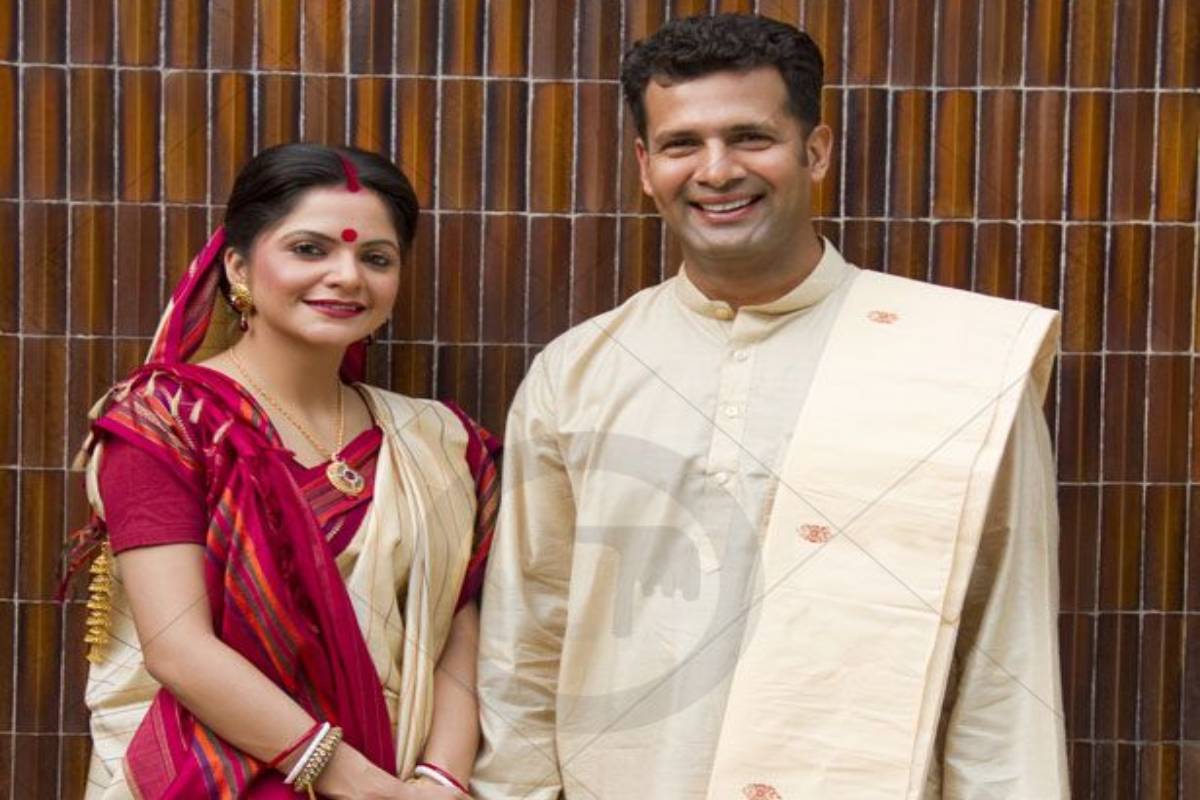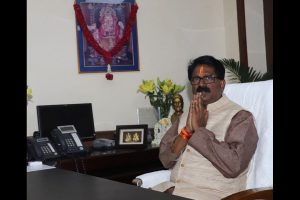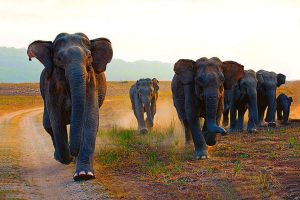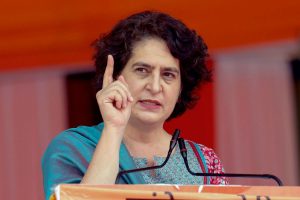A traditional portrayal of the common folk of Bengal is complete with laal-paar sada saree (a white saree with red border) for the women and dhuti-panjabi (dhoti-kurta) for the men. Every time we imagine a Bengali individual the above appearance is what strikes our mind. Be it TV commercial, or a brand-shoot, the people from the state are always portrayed in this fashion.
With the ever evolving fashion sense, the dressing style of Bengal is also changing drastically. Western influence can be seen taking over the traditional dressing style. Men and boys, earlier, used to wear dhuti-panjabi mostly. These days, hardly this attire is visible. Similarly, women used to wear saree and younger girls used to wear frocks. These traditional dresses have become an ‘endangered species’.
Nowadays, due to the everyday rush, people have opted for jeans, tees, shirts, pants, irrespective of their genders. To match the need of the time, the fashion is changing. So, wearing the traditional clothes remains confined only to the festivities and special occasions. And when it comes to festivals, the first one that comes to the mind of every Bengali is Durga Puja.
Bengalis buy and plan to wear different outfits everyday, during the Puja. Apart from buying clothes that will be needed throughout the year for daily use, some special outfits are being bought. Ashtami, the eight day of the festival, is incomplete without saree and panjabi. It may be a person from any age group, for Ashtami, every female buys a saree and every male buys a kurta. This is such a tradition that can never be clouded by modern fashion.
People might change with time, to match the necessities, but their roots remain intact. The modern world has changed every person’s lifestyle but in some way or the other, every person is in a search of a scope when he/she can go back to his/her tradition. Durga Puja provides that opportunity. It can be referred to as the comic relief in the tragedy of life.












